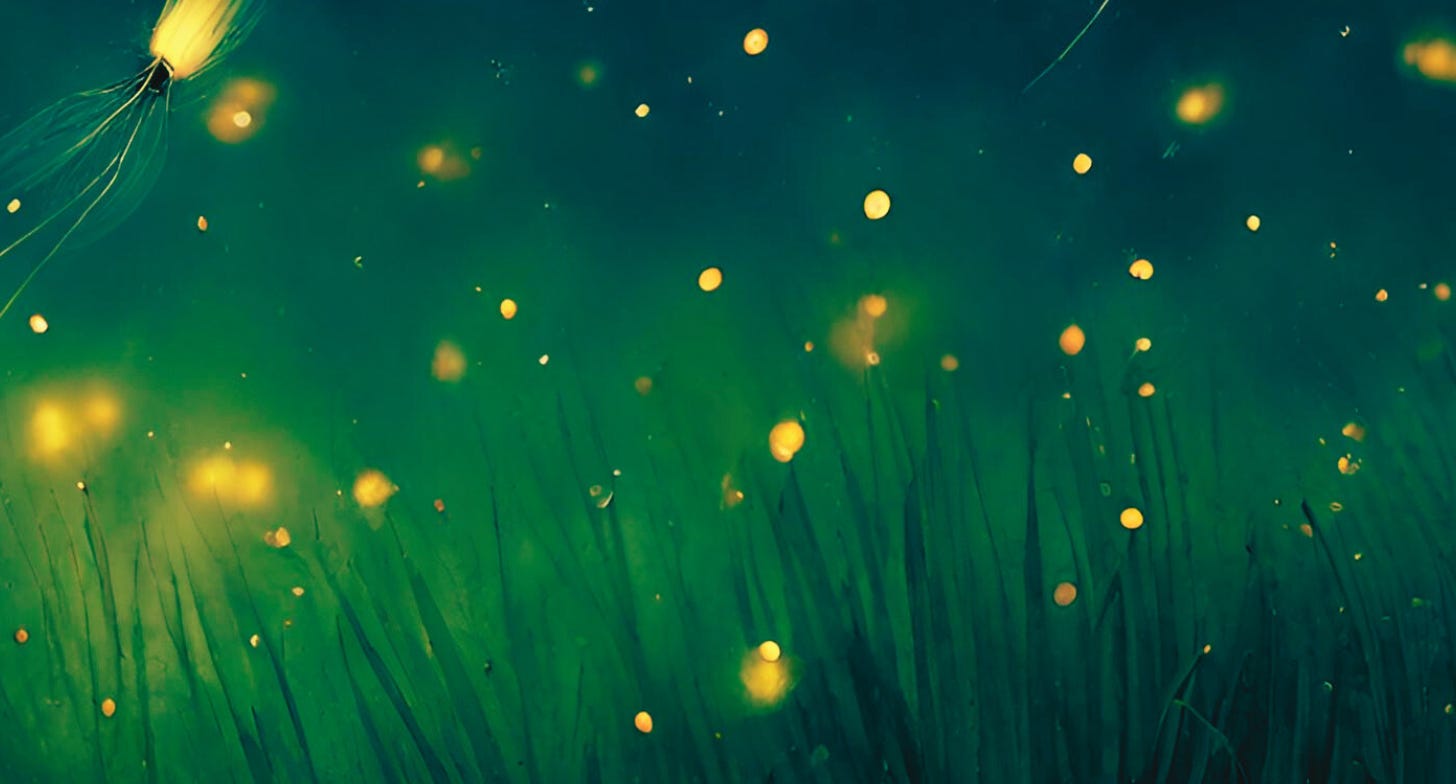How I chase the first seed of a story
And why I begin new books by writing as little as possible
My ideas for novels are sparked by the smallest of things. It could be a line in a newspaper, an image that sticks in my mind, or a moral dilemma that ignites my imagination. These first tiny seeds of story are ephemeral and as mesmerising as fireflies in the dark. Once I chase them, some sail quickly away; but others demand further consideration, stick…




